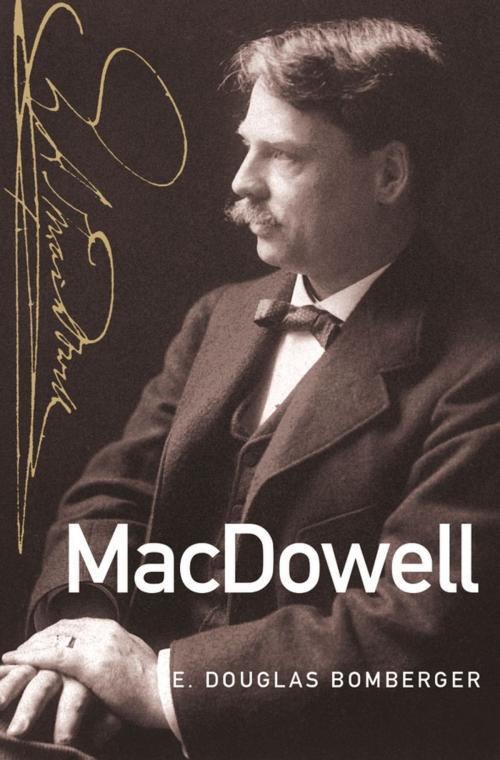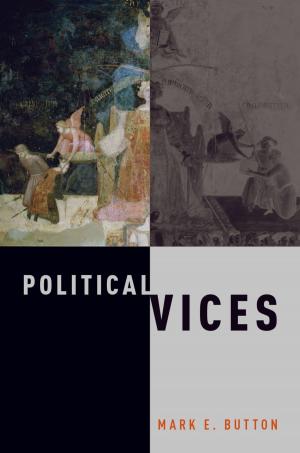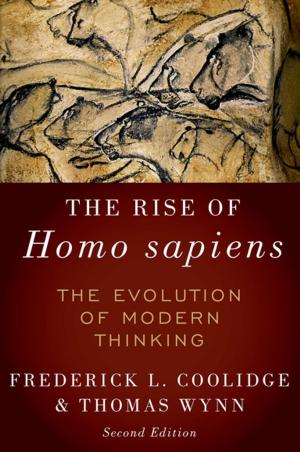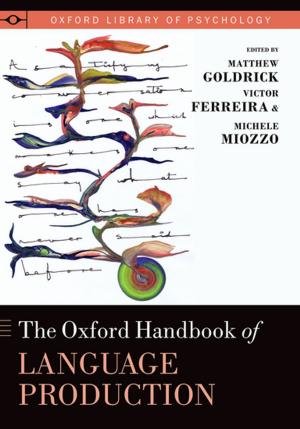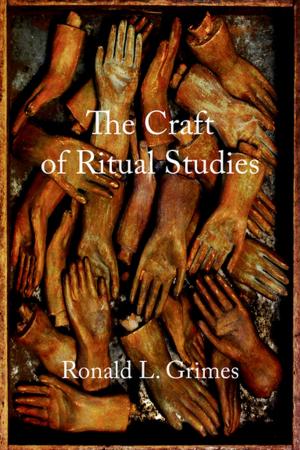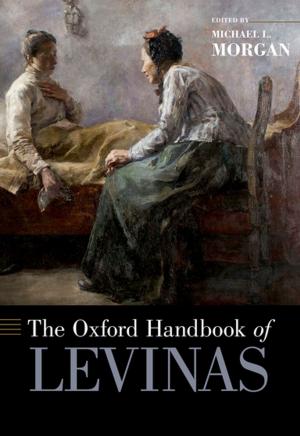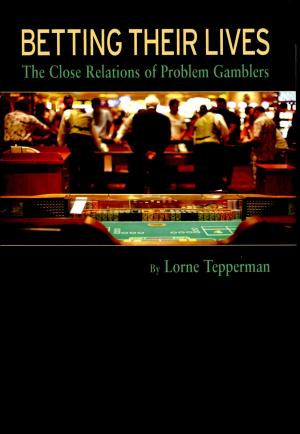MacDowell
Nonfiction, Entertainment, Music, Theory & Criticism, History & Criticism, Reference, Biography & Memoir, Composers & Musicians| Author: | E. Douglas Bomberger | ISBN: | 9780199339709 |
| Publisher: | Oxford University Press | Publication: | July 9, 2013 |
| Imprint: | Oxford University Press | Language: | English |
| Author: | E. Douglas Bomberger |
| ISBN: | 9780199339709 |
| Publisher: | Oxford University Press |
| Publication: | July 9, 2013 |
| Imprint: | Oxford University Press |
| Language: | English |
Edward MacDowell was born on the eve of the Civil War into a Quaker family in lower Manhattan, where music was a forbidden pleasure. With the help of Latin-American émigré teachers, he became a formidable pianist and composer, spending twelve years in France and Germany establishing his career. Upon his return to the United States in 1888 he conquered American audiences with his dramatic Second Piano Concerto and won his way into their hearts with his poetic Woodland Sketches. Columbia University tapped him as their first professor of music in 1896, but a scandalous row with powerful university president Nicholas Murray Butler spelled the end of his career. MacDowell died a broken man four years later, but his widow Marian kept his spirit alive through the MacDowell Colony, which she founded in 1907 in their New Hampshire home, and which is today the oldest and one of the most influential, thriving artist colonies in the the United States. Drawing on private letters that were sealed for fifty years after his death, this biography traces MacDowell's compelling life story, with new revelations about his Quaker childhood, his efforts to succeed in the insular German music world, his mysterious death, and his lifelong struggle with Seasonal Affective Disorder. Edward MacDowell's story is a timeless tale of human strength and weakness set in one of the most vibrant periods of American musical history, when optimism about the country's artistic future made anything seem possible.
Edward MacDowell was born on the eve of the Civil War into a Quaker family in lower Manhattan, where music was a forbidden pleasure. With the help of Latin-American émigré teachers, he became a formidable pianist and composer, spending twelve years in France and Germany establishing his career. Upon his return to the United States in 1888 he conquered American audiences with his dramatic Second Piano Concerto and won his way into their hearts with his poetic Woodland Sketches. Columbia University tapped him as their first professor of music in 1896, but a scandalous row with powerful university president Nicholas Murray Butler spelled the end of his career. MacDowell died a broken man four years later, but his widow Marian kept his spirit alive through the MacDowell Colony, which she founded in 1907 in their New Hampshire home, and which is today the oldest and one of the most influential, thriving artist colonies in the the United States. Drawing on private letters that were sealed for fifty years after his death, this biography traces MacDowell's compelling life story, with new revelations about his Quaker childhood, his efforts to succeed in the insular German music world, his mysterious death, and his lifelong struggle with Seasonal Affective Disorder. Edward MacDowell's story is a timeless tale of human strength and weakness set in one of the most vibrant periods of American musical history, when optimism about the country's artistic future made anything seem possible.
